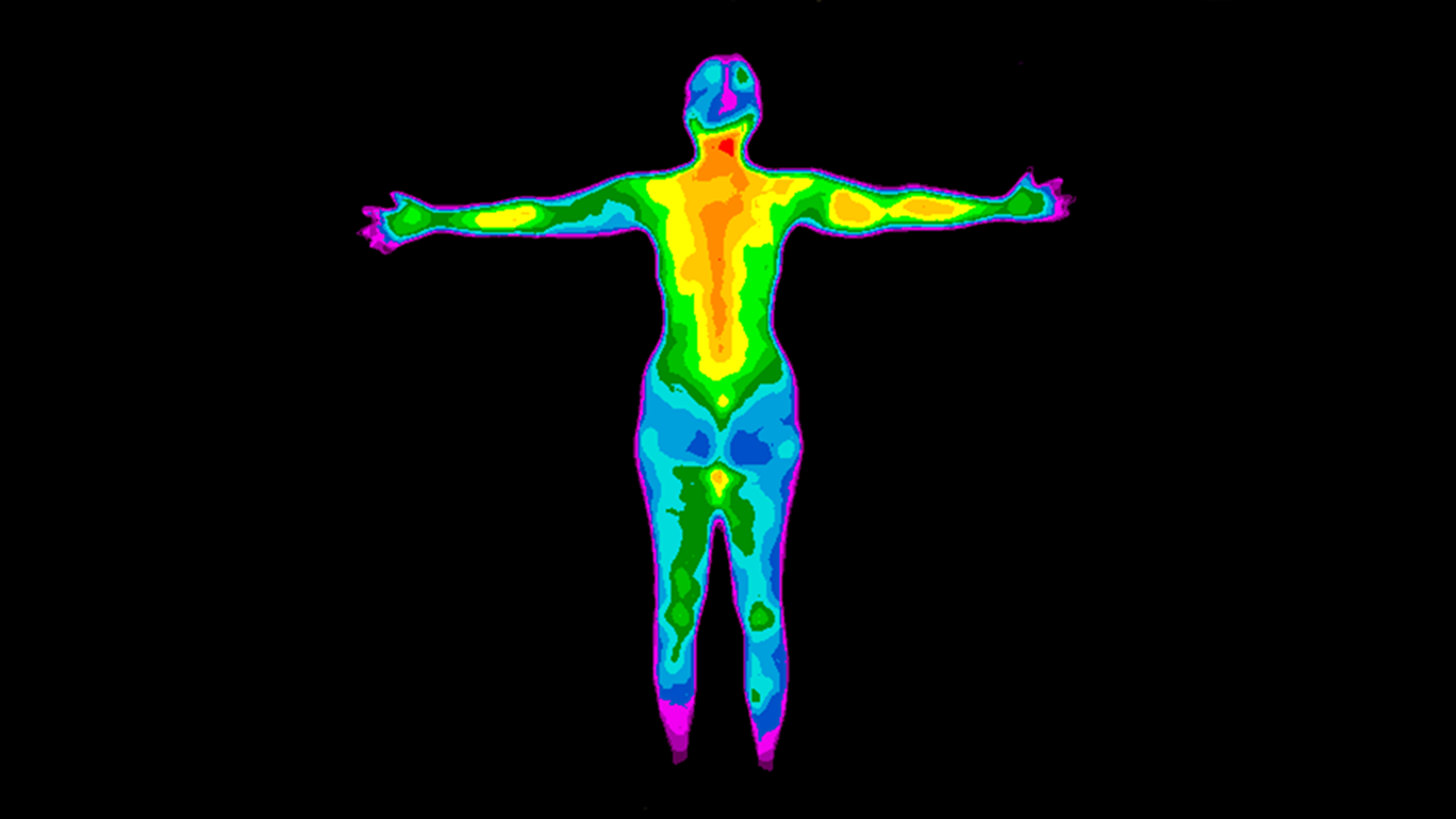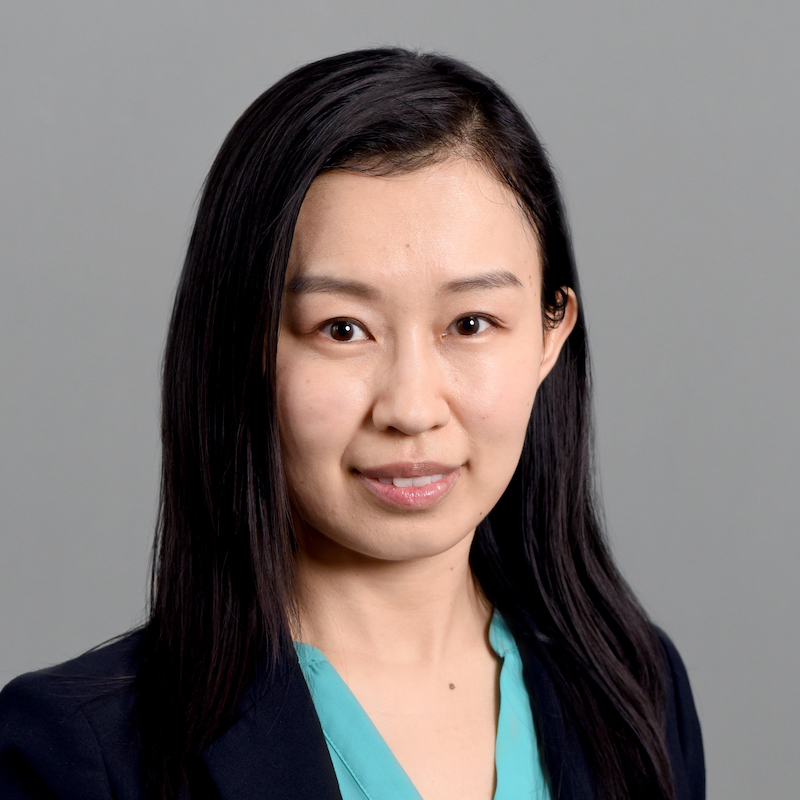
Yao to design and implement advanced new imaging system

Above: Assistant Professor Yu Yao is creating a biomedical imaging system that promises to be smaller, faster and offer better resolution than current systems Image courtesy of Shutterstock
Nine faculty members in the Ira A. Fulton Schools of Engineering at Arizona State University have received NSF CAREER Awards in 2021.
Imaging systems are essential to modern science. For example, they can provide an in-depth view of the biological systems and structures that researchers and doctors use to view the human body in order to diagnose, monitor or treat medical conditions.
But in order to more fully visualize and gain a better understanding of microscopic structures and processes, scientists need to gather data about different properties of light, like wavelength and intensity. Polarimetric imaging and spectroscopy are two of the techniques researchers use to do so.

Assistant Professor Yu Yao
Polarimetric imaging provides quantitative measurements of the polarization state, or the geometric orientation of light oscillations, at the level of individual pixels. Outside of laboratory settings, polarization is used in sunglasses to reduce glare and also in the production and presentation of 3D movies. Meanwhile, spectrometers capture information about light’s intensity at each specific wavelength.
Yu Yao, an assistant professor of electrical engineering in the Ira A. Fulton Schools of Engineering at Arizona State University, is working to create an imaging system that combines polarimetric imaging and spectroscopy into an imaging system that will be smaller, faster and have better resolution than currently available systems. Her new project, “Ultra-compact High-speed Infrared Polarimetric Spectroscopic (IRPS) Imaging system”, is being funded by a 2021 National Science Foundation Faculty Early Career Development Program (CAREER) Award.
NSF CAREER awards are granted to early career researchers who are potential leaders in their field. The $500,000 grant will provide support for the next five years as Yao works to bring the new system to reality.
“The objective of this project is to design and implement ultra-compact, broadband, high-speed, infrared polarimetric spectroscopic imaging systems,” says Yao. “The proposed systems are compact, fast, and provide complete and accurate measurements with high spatial and frequency resolution.”
Yao’s proposed system will improve on earlier systems which suffer from bulky physical size, long image collection time, low spatial resolution and limited operation wavelength range.
Her system integrates a metasurface-based polarization state generator and analyzer with a broadband mid-infrared source and imaging sensor to improve the system’s size, imaging collection speed and measurement accuracy.
Infrared polarimetric spectroscopic imaging not only enables the chemical mapping of objects but can also provide spatial information of molecular structure, morphology, homogeneity and surface conditions. This information is essential for chemical analysis and biomedical imaging. The resulting images can be useful for medical procedures like cancer diagnosis as well as for space and industrial applications.
“The development of devices and imaging systems will eventually merge with exploration in biomedical applications and material analysis,” says Yao. “In this way, we will have a more in-depth understanding of practical issues and needs, which inspire future innovations in devices and systems.”
As part of the education and outreach component of the CAREER Award, Yao will be promoting multidisciplinary research involving nanotechnology, optical imaging, infrared spectroscopy and biomedical engineering by involving undergraduate and high school students along with groups underrepresented in STEM research activities.
Yao, who received the U.S. Air Force Young Investigator Award in 2016 and the DARPA Young Faculty Award in 2019, says she joined the School of Electrical, Computer and Energy Engineering, one of the six Fulton Schools, in 2015, following her time as a postdoctoral fellow at Harvard University, because of ASU’s strong research programs.
“ASU has established strong research programs in semiconductor, material, energy and bioengineering research,” says Yao. “I came to ASU with the hope to establish an interdisciplinary program in advanced optical and optoelectronic devices for energy and biomedical applications.”
As one of ASU’s newest NSF CAREER Award recipients, Yao is well on the way to realizing that goal.



































